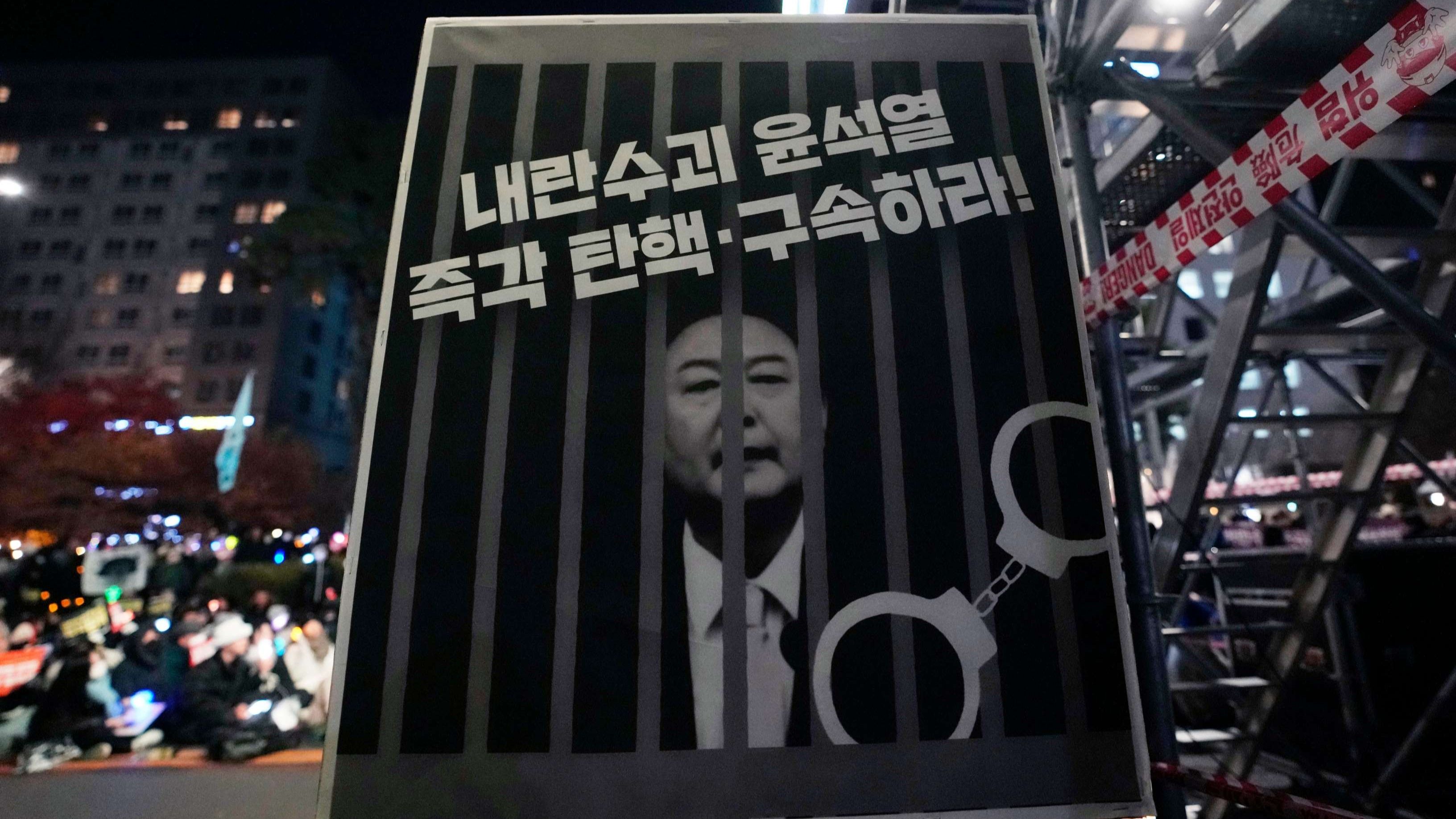In a reversal that has raised eyebrows, Israeli Prime Minister Benjamin Netanyahu walked back earlier remarks distancing himself from a proposed 21-day ceasefire in Lebanon, stating that Israel now “shares the aims” of the U.S.-led initiative. The change in tone, which emerged late Thursday night, followed tense diplomatic exchanges and criticism from the White House.
The ceasefire proposal, announced on Wednesday, is aimed at de-escalating the ongoing conflict along Israel’s northern border with Lebanon. The plan, led by the Biden administration, seeks to create conditions for civilians on both sides to return to their homes safely.
While Netanyahu was reportedly part of the discussions surrounding the ceasefire proposal, his remarks Thursday morning sparked confusion. Under pressure from his ultranationalist coalition partners, Netanyahu publicly denied any private understanding with the U.S. about the plan. His initial stance strained relations with Washington, prompting frustration within the White House.
A look at White House’s response
The Biden administration, caught off-guard by Netanyahu’s public disavowal, swiftly responded. John Kirby, the White House spokesperson, expressed disbelief during a call with reporters. “I don’t know why Netanyahu said what he said and I don’t know what his considerations were — whether they were political or operational. Ask him why he said that,” Kirby told the press.
Kirby’s statement underscored the belief in Washington that Israel had been on board with the ceasefire proposal from the start. “The Biden administration would not have presented the 21-day ceasefire proposal if it didn’t think the Israeli government was on board,” Kirby emphasized.
Diplomatic scramble
As tensions rose, Netanyahu’s confidant, Ron Dermer, Israel’s Minister for Strategic Affairs, rushed to Washington for urgent talks. He first met with Biden’s advisor Brett McGurk and Amos Hochstein, followed by a tougher meeting with Secretary of State Antony Blinken.
According to U.S. officials, Blinken made it clear that reaching an agreement on the ceasefire was crucial for both sides of the border. “Further escalation of the conflict will only make that objective more difficult,” Blinken reportedly told Dermer. The goal, as Blinken laid out, was to allow civilians in the region to return to their homes in safety.
Netanyahu’s reversal
Hours after these high-level meetings, Netanyahu’s office issued a new statement — this time in English and posted only on the Prime Minister’s Office Facebook page. The carefully worded statement appeared to mark a significant shift from Netanyahu’s earlier stance.
“Israel shares the aims of the U.S.-led initiative of enabling people along our northern border to return safely and securely to their homes,” the statement read. “Israel appreciates the U.S. efforts in this regard because the U.S. role is indispensable in advancing stability and security in the region.”
This latest statement, while affirming Israel’s support for the goals of the ceasefire, left some analysts speculating that Netanyahu may still be walking a political tightrope. By publishing the statement only in English, some have suggested it may be an attempt to address international concerns without fully engaging the debate domestically.
Netanyahu vulnerable to political pressure at home
Netanyahu’s flip-flopping comes as he faces growing pressure from his far-right coalition partners, many of whom are staunchly opposed to any form of ceasefire with Hezbollah or other militant groups. His initial distancing from the ceasefire proposal appeared to be an attempt to appease these factions.
The episode is the latest in a series of Netanyahu’s diplomatic maneuvers that have caused friction with the Biden administration. His balancing act between satisfying his domestic political base and maintaining Israel’s critical relationship with the U.S. remains a delicate one.
The path forward
For now, both Israel and the U.S. seem to have aligned publicly on the ceasefire proposal, with Netanyahu acknowledging the importance of U.S. efforts to restore stability. Whether this will lead to a lasting de-escalation in the volatile region remains to be seen.
The coming days will be crucial in determining whether the proposed ceasefire holds and if both sides can prevent further escalation along the Israel-Lebanon border. As always in the Middle East, much will depend on the complex interplay of military, political, and diplomatic forces shaping the conflict.
Netanyahu Reverses Course, Says Israel ‘Shares Aims’ of US Ceasefire Proposal world-news World News | Latest International News | Global World News | World News Today




